The inaugural session witnessed Prof Sarit Kumar Choudhuri, a renowned anthropologist and Professor at RGU, noting the event's significance concerning the tribal heritage and the developmental visions of the planners in the North-East region in India. Prof Rama Pandey hosted the session. The inaugural session was followed by a presentation on Ziro, Learning from Ziro, by the former students (batch 2018-20) of the Department of Design at SPAB. The presenters, Ayushi Wakankar, Rik Bhattacharjee, Rinki Sambhani & Jayant Kumar, highlighted the examples of Objects, Spaces, Communication and Systems in the Ziro valley. The presentation oriented the audience towards the unique prepositions of culture, sustainability and resilience at Ziro.
The panel discussion, moderated by Dr Saurabh Tewari, hosted the natives and locals of the Ziro Valley around a central question, “How do you see the Ziro Valley in 2041?”. The discussants responded to the question and elaborated their perspectives and visions for the valley. Dr Tage Kanno, DMO at Ziro, shared his logic of nominating the Ziro Valley in the Tentative List of Heritages sites at UNSECO. Nani Jalyang, a local entrepreneur, highlighted the role of women in the various facets of life and future in the valley. Rinyo Ngilyang, an architect and planner, lamented the current state of built practices. She called for adopting the local and traditional construction methods over the unsustainable techniques and materials from the mainland. Rana Gyati, an Apatani cultural activist, highlighted the role and importance of community in charting the development plans. Chobin Punyo, an artist and academic at RGU, proposed the opportunities for creative brains in the valley.
The technical session, chaired by Prof Dr Natraj Kranthi from SPAB, hosted the structured presentations around the theme and site. Prof Anand Wadwekar from SPAB elaborated on the concepts and literature from Urban Resilience. Further, Rana Gyati, an Apatani cultural activist from Itanagar, highlighted the cultural wealth of sustainable practices in the valley. Rinyo Ngilyang presented the strategies for conserving the valley's built environment and cultural landscape. Her empirical study on the site highlighted the gaps in land management, water management, and settlement planning strategies among the authorities and traditional practices. Finally, Paritosh Goel explained the proposed Ziro Master Plan 2030 and called for further discussion over strategies for urban resilience in the site. The concluding session discussion brought forward the concepts of participatory design and planning, more engagements with the locals while preparing future plans, and sustained documentation of tangible and intagible heritage of Ziro Valley.
The Valedictory Session witnessed the Chief Guest, Prof Dr Saket Kushwah, Vice-Chancellor (RGU), calling for greater synergy between all the stakeholders, including humans and wildlife of environment in the North-East. He also called for preparing a model for development in environmentally sensitive and tribal heritage regions in India.
Overall, the event witnessed a warm reception from various audiences, including the students, professionals and researchers from the fields of Urban Planning, Social Sciences, Architecture and Design. More than 100 participants from the 172 registrations were present throughout the event.

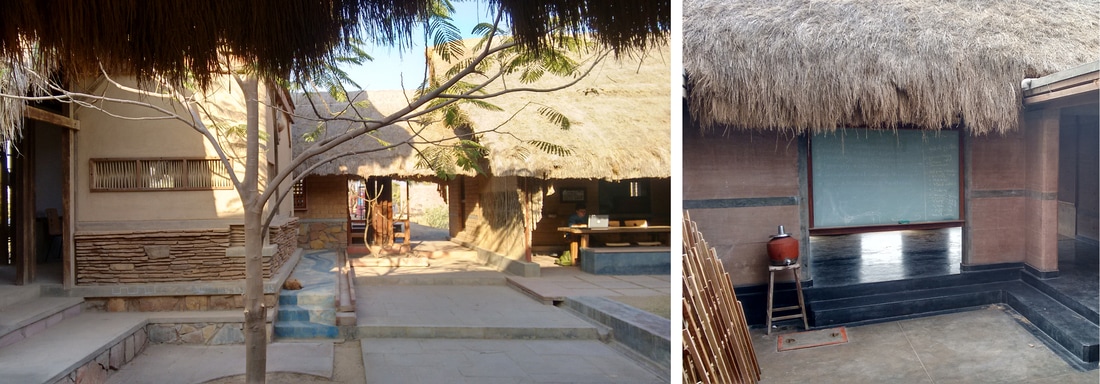
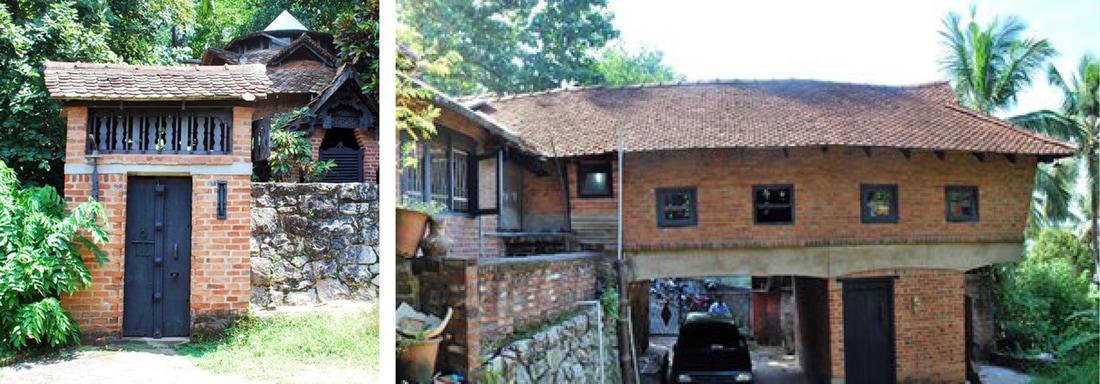
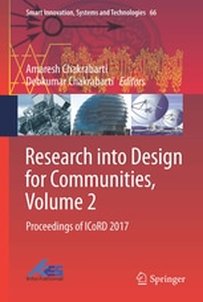
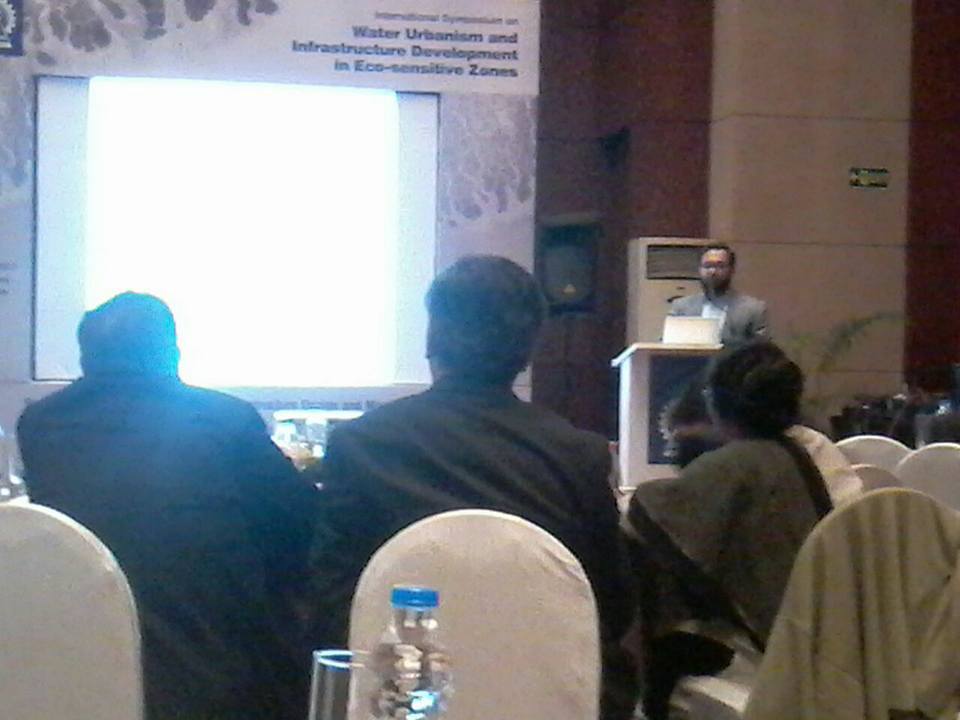
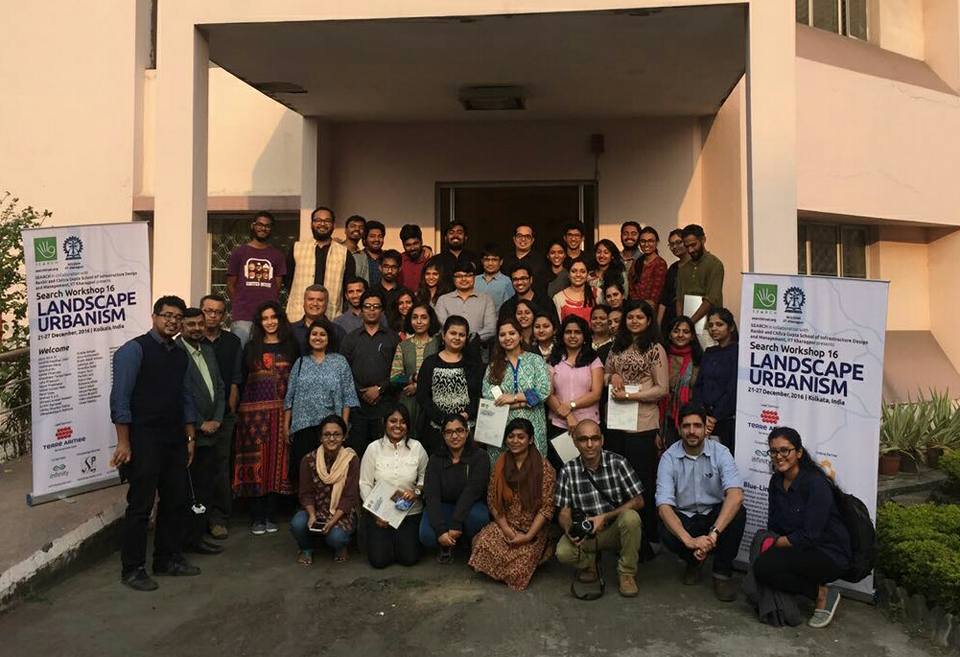
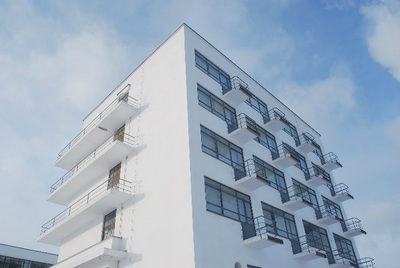

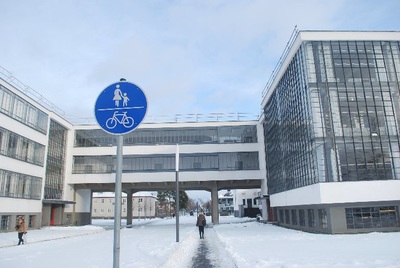


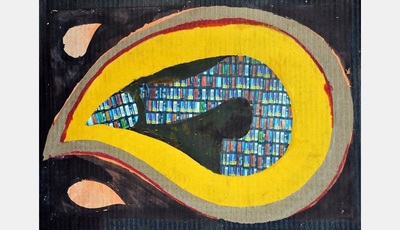
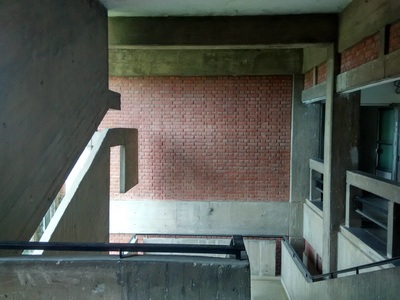
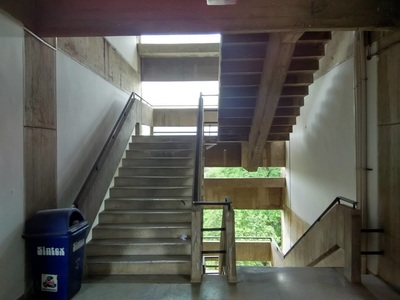
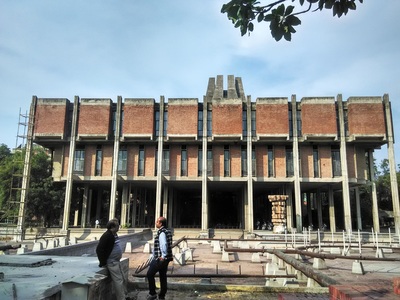
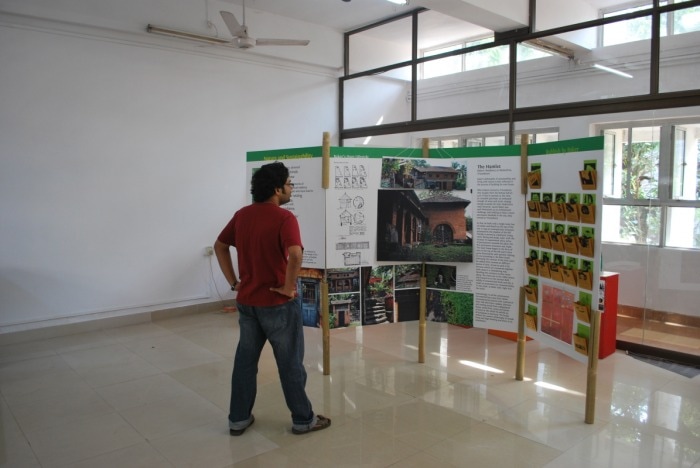
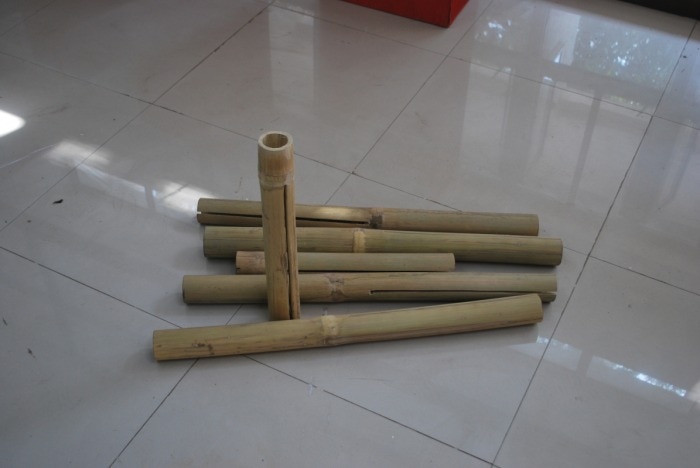
 RSS Feed
RSS Feed
